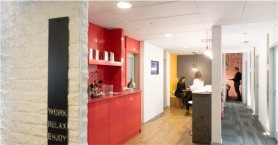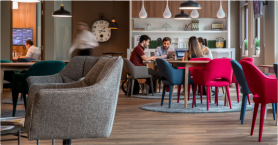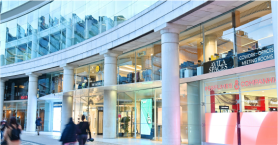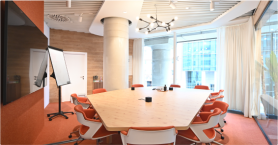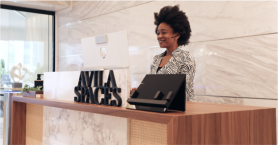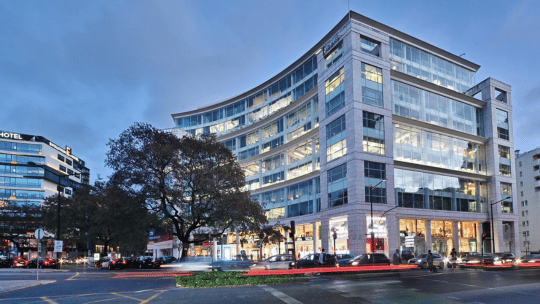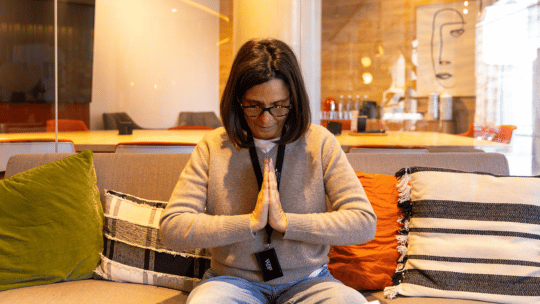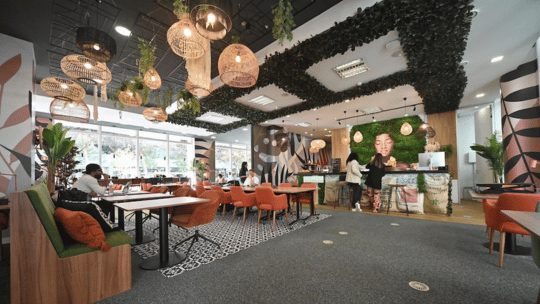|
Why does corporate coworking make sense to companies?
It is impossible to go into the subject of corporate coworking, at the beginning of the second decade of this millennium, without mentioning the word school. Whereas 15 years ago, talking about coworking had one meaning: a common workspace, nowadays, simply talking about coworking to define a workspace is as reductive as it would be to say that we have a university degree in a certain subject matter, without referring to the university we attended. Coworking spaces, like any other marketing 'product', have differentiated, have segmented and have attained a position of excellence. And just as the best schools, they have their own style, a method of contributing to the productivity of those who attend them and the environment (even the level of service) that we find in these spaces, whilst always aiming at the best result, can be as diverse as what we can find at the University of Fine Arts or at Harvard University. But coworking spaces continue to offer something that is common to all spaces: they are, by definition, a low-cost option vis-vis traditional offices, creating an environment that favours networking and that, for this and other reasons, provide talent retention, increased employee satisfaction and productivity. Coworking spaces, regardless of their style, also offer space for communication and allow the generation of ideas between peers and even between competitors. And it is in this context that the other meaning of the word school arises. Portugal, unlike other countries, has a culture traditionally averse to the creation of school. Portugal has the best professionals in the world in several areas, but our tendency to conceal the recipe of our success, to those who know less; or our fear of asking, in order not to show ignorance in a particular matter, makes it difficult (if not impossible) to create the spirit of school in so many subjects upon which it could act as an important reference, if instead of the old saying 'the secret is the soul of business' Portugal would focus on the saying 'the soul is the secret of business', and realized that, those who have talent and creativity, have everything to gain from the dialogue and the constructive coexistence with direct competitors and indirect partners. The country which has always been known to have professional and artistic footballers was an European Champion at the expense of the collective strategy, and without its top footballer on the pitch, just a few years after having organised a venue called ‘Football Talks’, where professionals and competitors from around the world, hung up their boots for 3 days and share their best sports management practices. In another quadrant, brands like BMW, Audi and Mercedes-Benz have been practicing it for many years: whenever they launch a new model. They provide and receive cars from their competitors, as a way to learn the best practices of innovation with each other, not only because they trust the talents they have at home but also because in this way they avoid having to buy and dismantle their competitors' cars. Somehow, these brands have already realised the concept of school (in this case, the German Automotive Engineering School) and the advantages of coworking, regardless of the school where they studied and the University where they graduated. Where there is individual talent, there will always be room for collective growth. |
